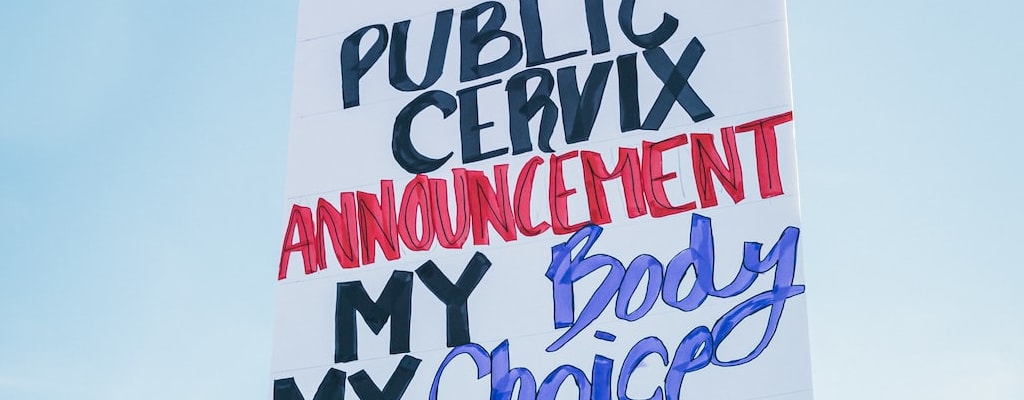raw deal: Idiom Meaning and Origin
What does ‘raw deal’ mean?
The idiom "raw deal" means to receive unfair treatment or a bad outcome in a situation.

Idiom Explorer
The idiom "tough break" means experiencing a difficult or unfortunate situation, often through no fault of one's own.
The idiom "second-rate" refers to something of inferior quality or standard compared to others in the same category.
The idiom "screwed up" means to make a mistake or to mess something up. It can refer to a situation that has been ruined or to a person who is behaving or performing poorly.
The idiom "salt in the wound" means to worsen an already difficult or painful situation, often by adding insult to injury.
The idiom "run a risk" means to take a chance or engage in an activity that could have negative consequences or uncertain outcomes.
The idiom "run afoul of" means to come into conflict or opposition with someone or something, often resulting in negative consequences or punishment.
The idiom "rub someone the wrong way" means to irritate or annoy someone, often due to a mismatch in personalities or preferences.
The idiom "rub salt in the wound" means to worsen a difficult situation by adding insult or further distress to someone who is already suffering or upset.
The idiom "rough sledding" means to undergo a difficult or challenging time or situation.
The idiom *rough patch* refers to a difficult or challenging period of time in someone's life or a situation. It implies that things are not going well and there are obstacles or problems to overcome.
Unjust Origins
The idiom "raw deal" is a commonly used phrase in American English. It is often used to express a sense of unfair treatment or a situation where someone is given an unfavorable outcome. The idiom has a negative connotation and is typically used to describe a situation that is perceived as unjust or unfavorable.
The origins of the idiom "raw deal" are unclear. It is likely that the phrase developed over time through common usage and became a well-known idiomatic expression. While the exact origins may be uncertain, the idiom has become firmly established in the English language.
In usage, "raw deal" is typically used in informal and colloquial contexts. It is frequently employed in everyday conversations and can be found in books, movies, and news articles. This idiom is recognized and understood by a wide range of English speakers, further demonstrating its popularity and prevalence.
The idiom "raw deal" is often preceded by a noun to specify the subject of the unfair treatment. For example, one might say, "He felt like he got a raw deal in the job promotion." This usage emphasizes the negative outcome or unfairness experienced by the individual.
This brings to mind the idiom "deal a bad hand." Just like getting a raw deal, dealing a bad hand also refers to an unfavorable situation. It evokes the image of a card game where the cards dealt to a player are poor, putting them at a disadvantage. Both idioms highlight the sense of receiving an unfair outcome.
The idiom "raw deal" is not limited to a specific region or demographic within the United States. It is used across various states and among different social groups. This suggests its widespread familiarity and usage. "Deal a bad hand" is similarly understood across different regions and social groups, illustrating its common usage and recognition.
A related idiom is "rough justice." This phrase describes a situation where the justice or punishment received is harsh and unfair. It shares similarities with "raw deal" as both express a sense of unjust treatment. "tough break" is another idiom that aligns with the concept of a raw deal. It refers to an unfortunate or difficult situation that someone encounters.
"hard done by" is yet another idiom that relates to the notion of a raw deal. It describes someone who has been treated unfairly or subjected to hardship. This idiom encapsulates the sense of being on the receiving end of unfair treatment, similar to the feeling conveyed by getting a raw deal.
Lastly, the idiom "play hardball" can also be connected to the idea of a raw deal. It signifies engaging in aggressive, uncompromising tactics to achieve one's goals. When someone plays hardball, they may be more likely to give others a raw deal in their pursuit of success.
While the idiom "raw deal" is widely recognized and understood, its specific origins and historical development remain uncertain. However, its usage and prevalence in modern American English demonstrate its importance as a popular idiomatic expression. These related idioms, such as "deal a bad hand," "rough justice," "tough break," "hard done by," and "play hardball," further enrich the understanding of the concept of a raw deal in different contexts and situations.
The idiom "raw deal" is a widely used expression in American English. It is employed to convey a sense of unfair treatment or unfavorable outcomes. Its specific origins and etymology may be unclear, but its widespread usage and recognition in various contexts highlight its significance as a well-known idiom. As with many idioms, its meaning is deeply rooted in cultural and linguistic practices, making it an intriguing subject for further exploration.
Example usage
Examples:
- He got a raw deal when his boss unfairly fired him without any valid reason.
- The customer felt he had gotten a raw deal after purchasing a faulty product that was not up to the advertised standards.
- After the divorce, she believed she got a raw deal with the division of assets, feeling she was left with much less than she deserved.
Analysis:
The idiom "raw deal" is used to describe a situation where someone is treated unfairly or receives an unfavorable outcome. It implies that the person has been given a disadvantageous or unequal portion or treatment. In the examples above, it is evident that the individuals were subjected to unfair treatment or received outcomes that were not favorable to them, thus reflecting the usage of the idiom "raw deal."
More "Injustice" idioms
We missed the mark - nothing found.



